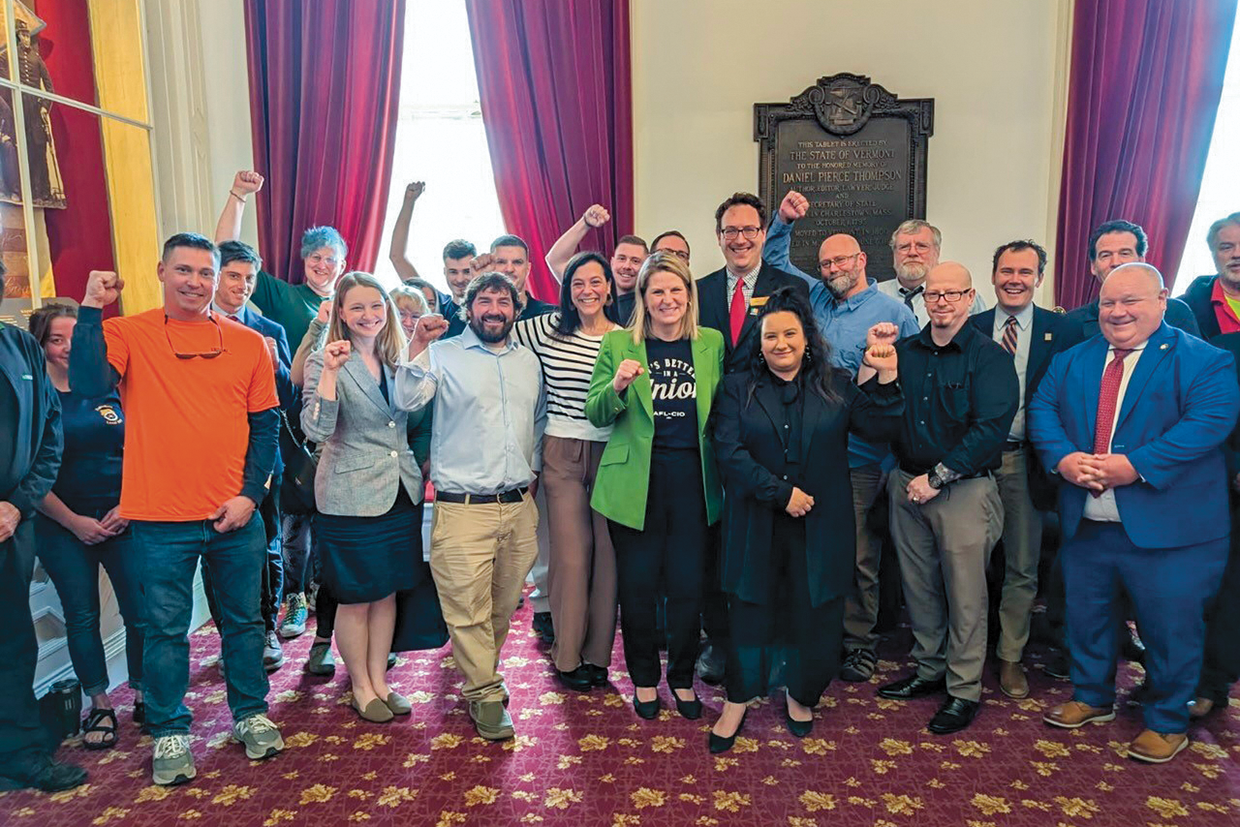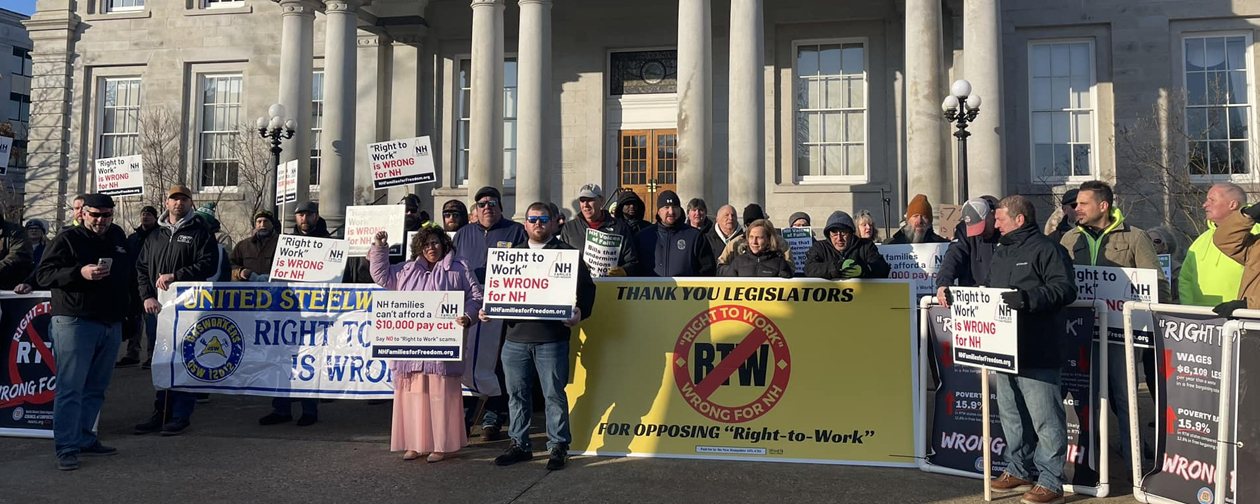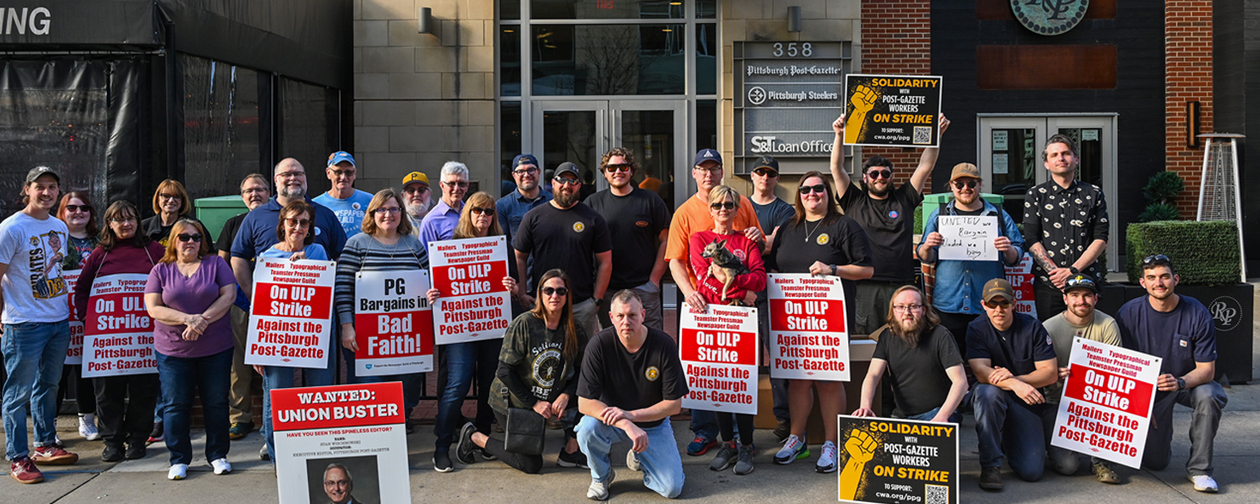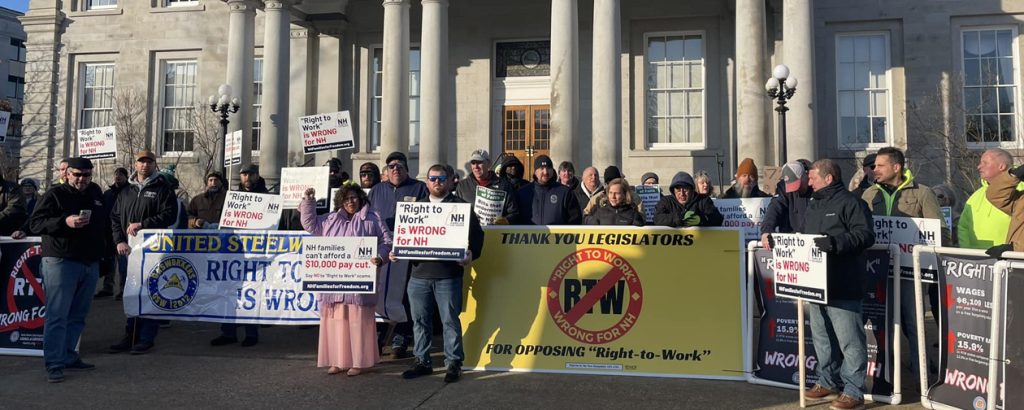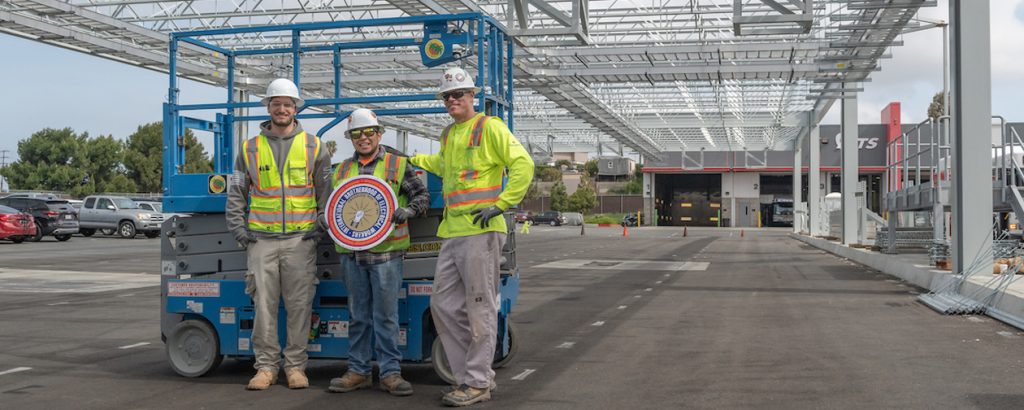
Vermont voters will decide whether an amendment guaranteeing its citizens a right to collective bargaining will be enshrined in the state constitution when they go to the polls in November 2026.
Earlier this year, both the Vermont House and Senate voted overwhelmingly to put the issue on the ballot, about one year after passing the same measure.
State law requires a proposed constitutional amendment adopted by both the House and Senate during one session be referred to the next biennial session of the General Assembly, where it must receive a majority vote in both the House and Senate. The amendment is then sent to the state’s voters.
During the first cycle, the amendment must receive a two-third vote in the Senate and a simple majority vote in the House to move forward.
The measure expands the rights of workers and guarantees their right to unionize and reach a collective bargaining agreement. It would serve as a protection against so-called right-to-work laws. Illinois passed a similar amendment to its state constitution in 2022.
Montpelier Local 300 Business Manager Jeffrey Wimette said the IBEW worked closely with other building trades, VT Unions, and the Vermont AFL-CIO to lobby elected officials and get it through the Legislature.
He credited Local 300 member Danielle Bombardier, Local 300 President Timothy LaBombard, and Membership Development Director Michael Ponce for their time and efforts representing the IBEW members and the success of this process.
“It’s a way for us to codify into the constitution the ability to organize so we don’t have to argue about it later,” Wimette said. ”We are pretty much a progressive Democratic state, but we know we are in challenging times and this is a way to head off those challenges the best we can.”
Vermont has traditionally been a union-friendly state, and there has not been a serious effort to pass a “right-to-work” law — allowing workers to enjoy the benefits of union representation without contributing to the costs of organizing and bargaining — there in recent years.
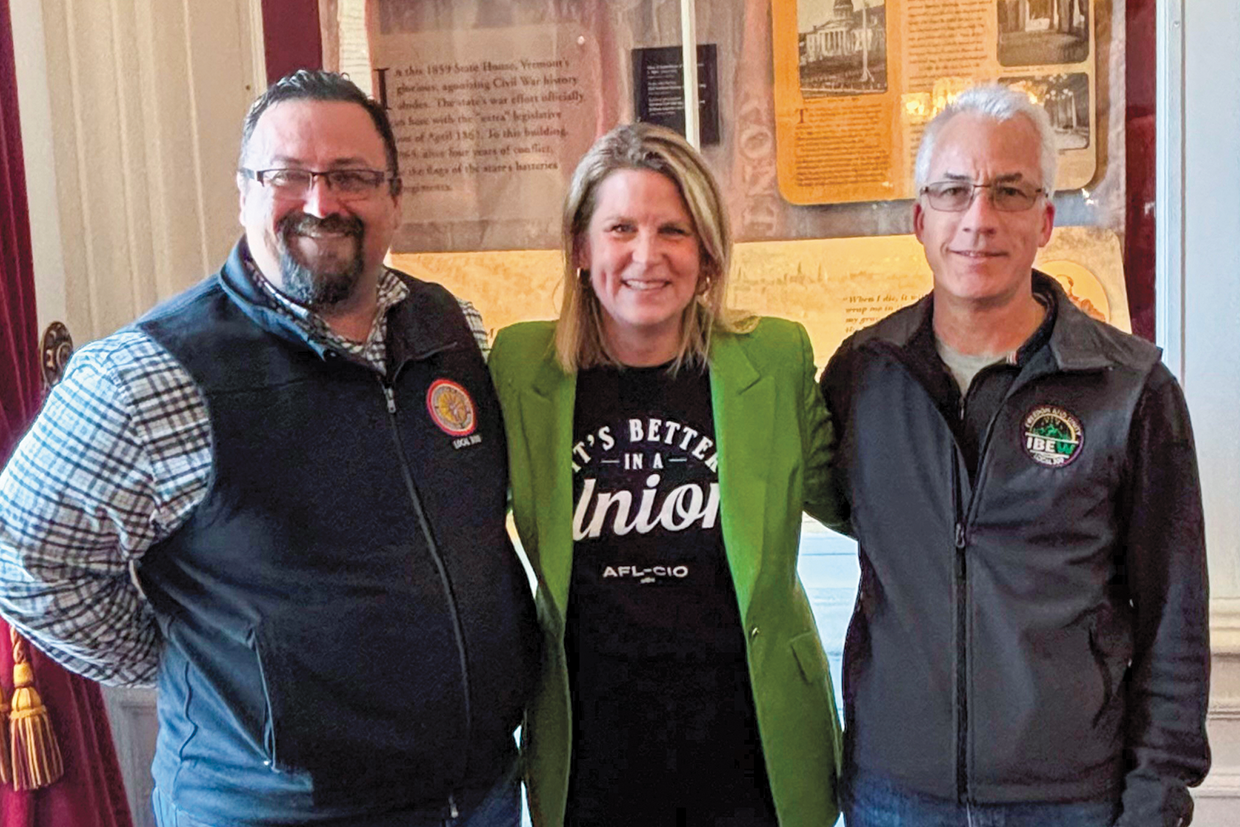
But some states long seen as union-friendly, such as Wisconsin and Michigan, have seen right-to-work laws passed in the last 15 years. [Michigan repealed its law in 2023, but 26 states still have them, including Wisconsin.]
There have also been aggressive efforts to pass a right-to-work law in neighboring New Hampshire, but they have failed.
AFL-CIO President Liz Shuler, a member of Portland, Ore., Local 125, was in attendance when the House approved the amendment on May 1 and spoke to a May Day rally at the state capital in Montpelier afterward.
“These past 100 days, I’ve traveled all over the country,” Shuler told the crowd. “I’ve heard some tough stories — from people whose lives have been turned upside down by what’s gone on in Washington.
“I had no choice but to come up here to Vermont and get some hope,” she added. “And man, have you all delivered.”
State officials had similar thoughts.
“I could not be more proud of the vote and to do so on International Workers’ Day,” Vermont House Speaker Jill Krowinski said. “It comes at a time when laborers and working-class people are being brushed aside while corporations and the wealthiest few moves farther ahead. This constitutional amendment is about standing up for what is right and paving the way for future generations to come.”
Wimette is hopeful that voters will approve the amendment, but it’s far from a sure thing and plenty of work remains.
Vermont is a largely rural state, and much of its population lists environmental issues as a top priority. Building a coalition with those voters and educating those and others against the predictable attacks from big-money interests from outside the state,will be key, he said.
Union members and their allies already are having to fight back against an incorrect charge from some foes that the amendment will force workers to unionize, Wimette said.
“We’re cautiously optimistic the residents of Vermont will agree with us,” he said. “But we have to educate them on the process and what this means.”
During her address, Shuler saluted Vermonters for standing up to billionaires and reclaiming power on the job.
“When we walk over to the statehouse like we did earlier today and demand our elected officials guarantee us the basic right to organize,” she said, “That is reclaiming our power, isn’t it?
“That is the antidote to the money and greed in our politics right now,” she said.
